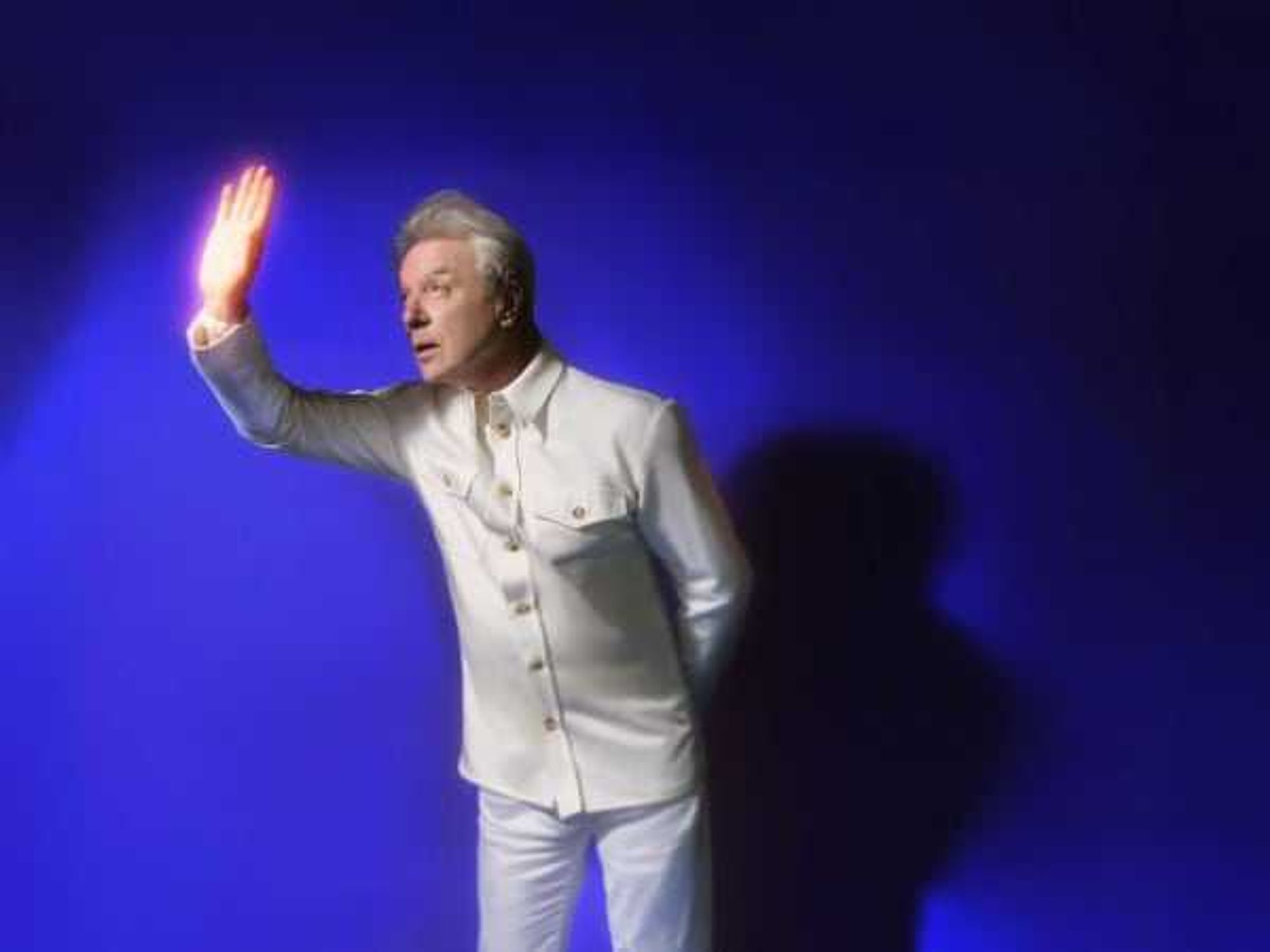Five Questions
How do you "play" a cactus? So Percussion thinks of new ways to make sound
 So Percussion, an American percussion quartet based in New York City, withmembers Adam Sliwinski, Jason Treuting, Josh Quillen and Eric BeachPhoto by Janette Beckman
So Percussion, an American percussion quartet based in New York City, withmembers Adam Sliwinski, Jason Treuting, Josh Quillen and Eric BeachPhoto by Janette Beckman So Percussion in concert
So Percussion in concert
New York-based chamber ensemble So Percussion made their name playing virtuoso performances of works by Steve Reich, John Cage, David Lang and Paul Lansky. The percussionist ensemble of Eric Beach, Josh Quillen, Adam Sliwinski and Jason Treuting formed while students at Yale School of Music in 1999, and are widely known for their original productions and their unorthodox methods of making sound.
Raves in The New York Times and The Boston Globe put the eclectic quartet on the map. This weekend at DiverseWorks, So Percussion brings their newest opus, Imaginary City, inspired by Italo Calvino's classic novel Invisible Cities. Fusing sounds and images from Cleveland, Denver, Burlington (Vermont), Helena (Montana) and our beloved Houston, Imaginary City creates a new place. Treuting gives a brief tour through Imaginary City.
Q: In Calvino's novel Invisible Cities, Marco Polo describes to Kublai Khan the sensual delights of his many travels with a poetic whimsy. Sadly, Polo never made it to Houston. How does Calvino's book manifest in your work Imaginary City?
A: We use the novel as a jumping off place. When I read the words on the book jacket about Marco Polo describing just one city, Venice, I had this epiphany. When we travel, we notice the similarities between cities more than their differences. So part of what we are doing is celebrating each place as unique, but also how they blend together into one thing. So we are taking images and sounds and layering into one new place.
Q. How will we hear Houston in Imaginary City? Is too much to ask to make us sound good?
A: First off, I was born in Houston and grew up in Los Angeles, which shares a lot with Houston in that it's a car town. We were here last season for Da Camera and did a show at DiverseWorks as well. When we get there, we will be sampling local TV news, radio, and voices of Houstonians. But there's another side to it in the way the music is actually written. It's based on zip codes, population and the spelling of the word "Houston." All of the musical structures come from these numbers and words. What's interesting is that, although it's a very abstract process, something does come across about the city.
Q. Tell me about your collaborators: your sister, filmmaker Jenise Treuting and Eckert.
A. Jenise traveled by train to all these cities, and took them in from a visual standpoint. The imagery from Houston includes the beautiful geometry of the roads. Rinde is the director, and this is the first time we have ever worked with a director. We wanted to make it an exciting evening-length performance, and we enlisted his help in sculpting an evening. His work contains some wonderful surprises, which I cannot reveal here.
Q. Sometimes I worry that autotune will dump down our ability to hear and listen. In the noise to music continuum, where does So Percussion place it's mission on waking up our ears?
A. We come out of a John Cage tradition in that, like Cage, we place very little difference between noise and music. They are the same thing to us. We embrace noise as much as a beautiful harmony, and know the right time to use them. We look for organized noise and sound to play music. That may include crumpling paper or knocking over a stack of cans. We may be living in a pristine autotune/garageband kind of world, but there are still ways to use those in a new way.
Q. I understand you played a cactus once. Just so you know, we don't have cactuses in Houston, we are a swamp, so you might want to bring your own. What's the strangest thing you have ever played?
A. Once? Nancy, we have played a cactus numerous times. We have played flower pots, tea cups and beer cans. We have a strange perspective on strange. What is a strange instrument? Once we used bouquets of roses as drumsticks, they worked a bit like brushes, and the petals fell as we played. It was lovely.
Listen to So Percussion here and watch them performing Reich's Drumming below:
